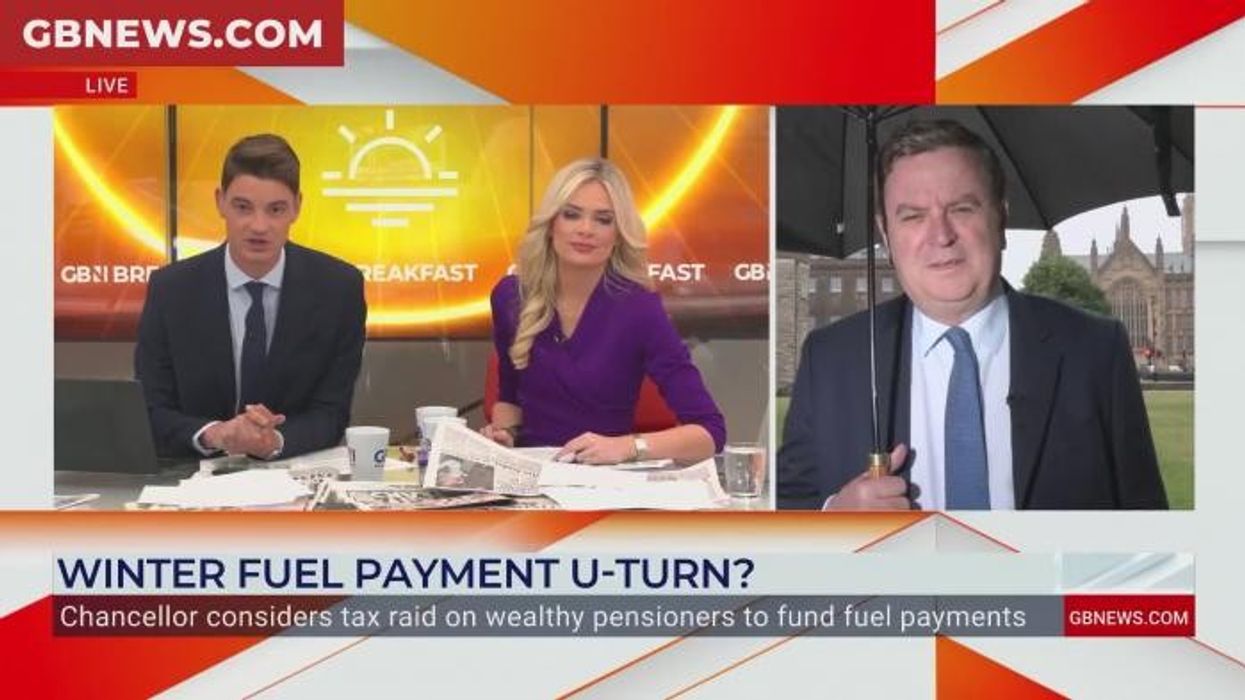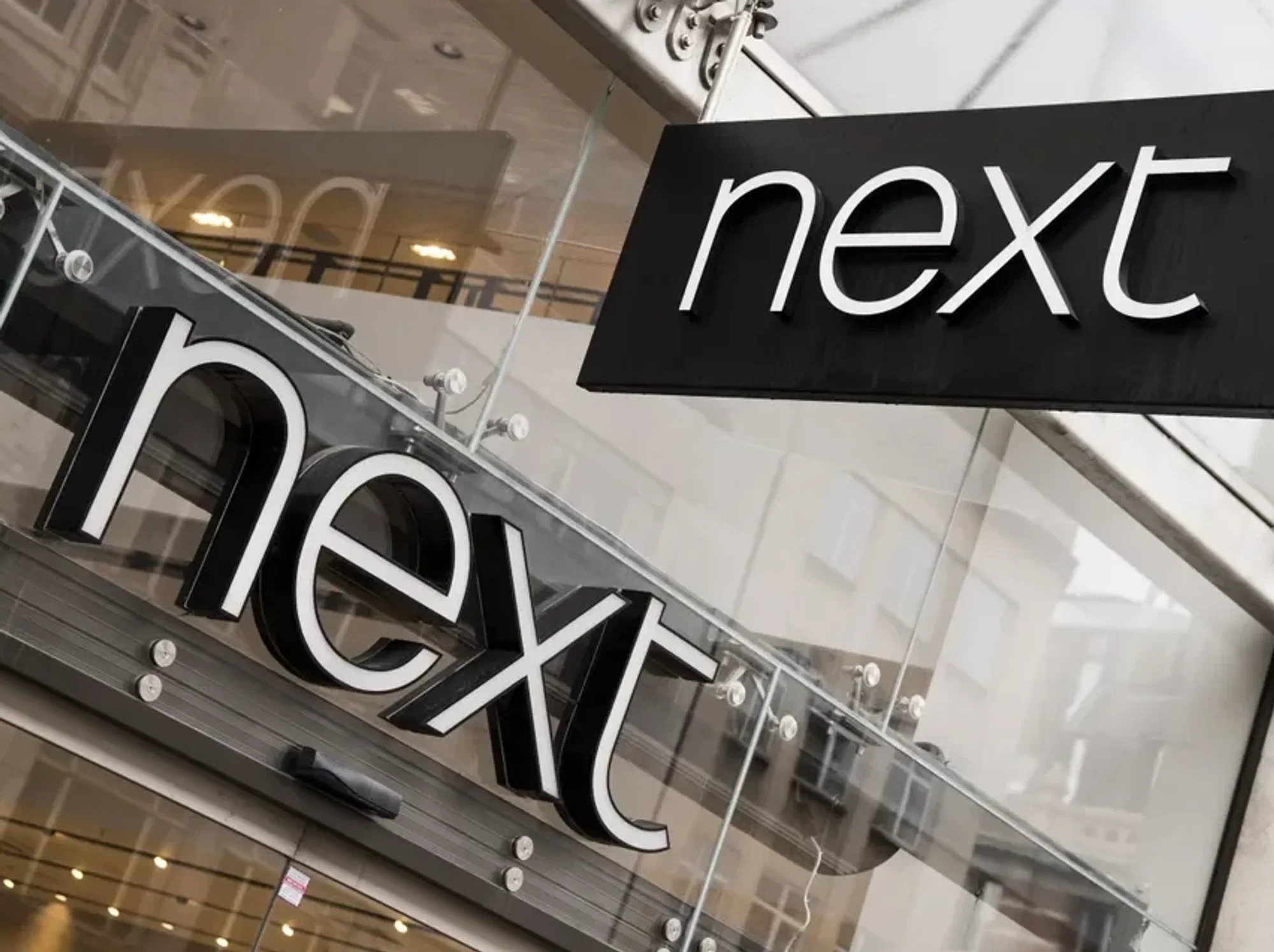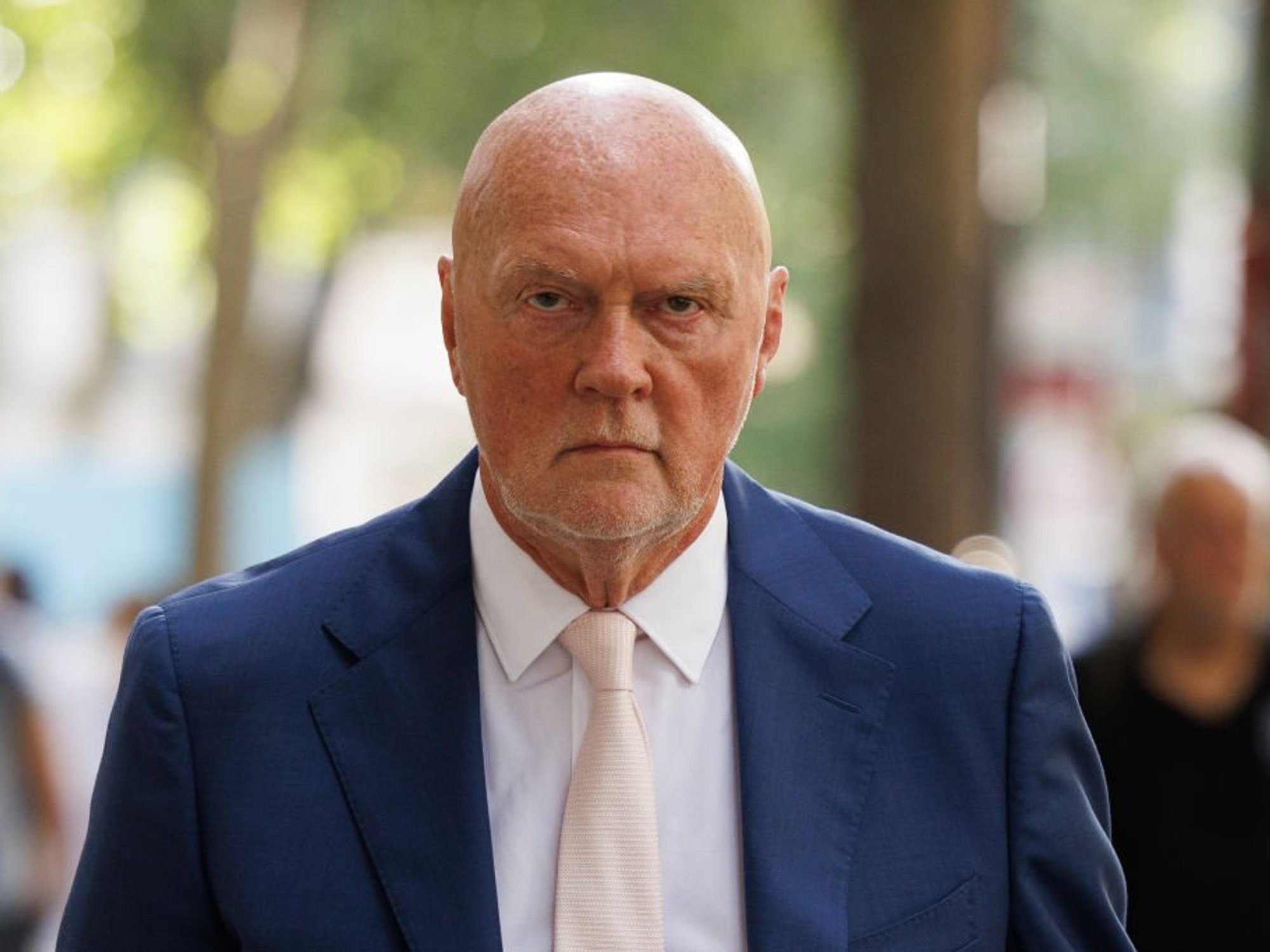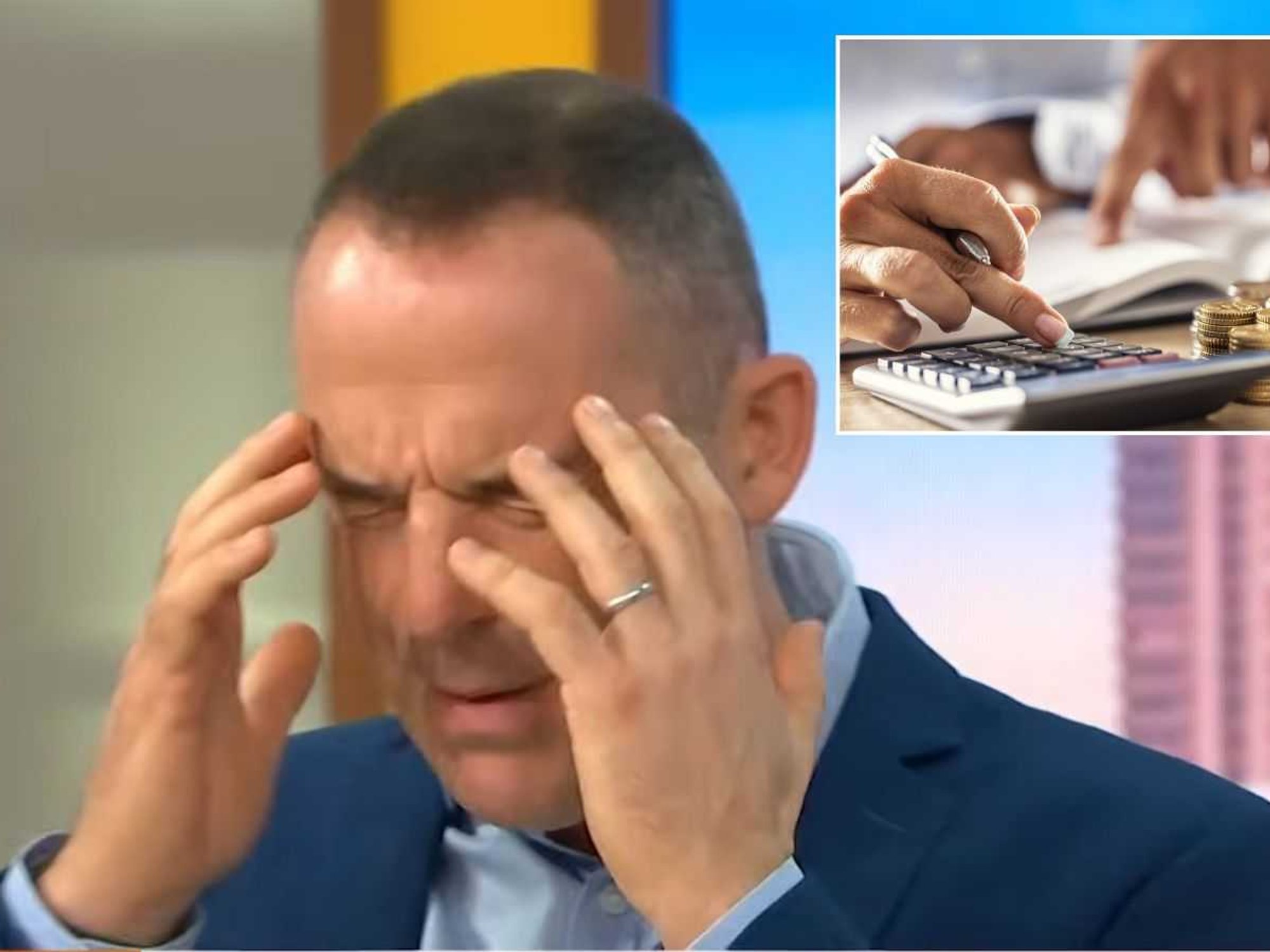European Central Bank cuts interest rates to 2% as EU economy 'returns to normalcy for now'

Central banks, including the ECB, have raised interest rates in an attempt to ease inflation
Don't Miss
Most Read
Latest
The European Central Bank has cut interest rates by a quarter of a percentage point to two per cent, marking the eighth reduction in the past 12 months.
This latest decision from the central bank, announced earlier this afternoon, comes as eurozone inflation fell to 1.9 per cent in May, dipping below the bank's two per cent target.
The Frankfurt-based institution has shifted its focus from combating inflation to supporting the sluggish eurozone economy. Economic growth remains weak, with the ECB maintaining its forecast of just 0.9 per cent growth for this year.
This rate cut follows mounting concerns about trade policy uncertainty, resulting from US President Donald Trump's sweeping tariffs, weighing on business investment and exports across the bloc.
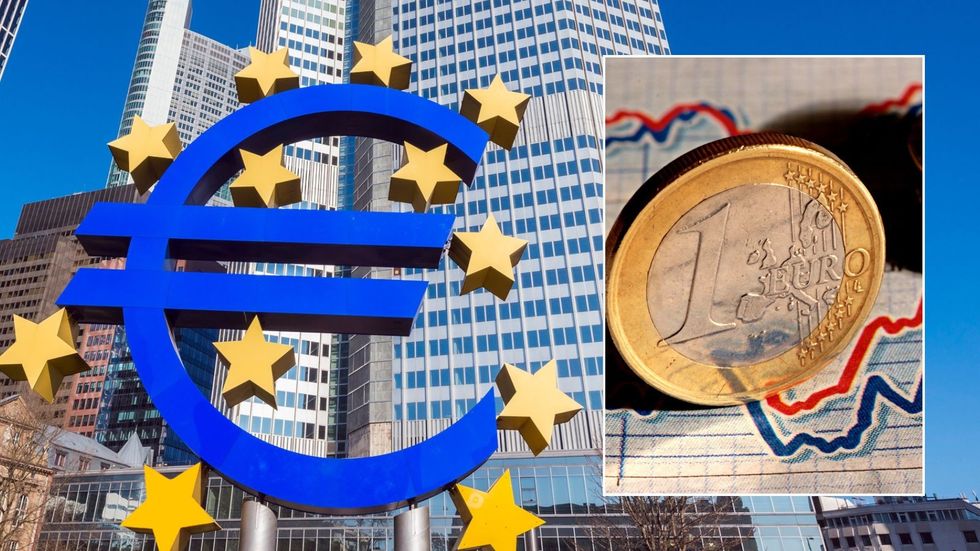
The ECB has slashed interest rates once again
|GETTY
The ECB said its decision was based on an "updated assessment of the inflation outlook, the dynamics of underlying inflation and the strength of monetary policy transmission".
Furthermore, the central bank has revised its inflation forecasts downward, now expecting inflation to average two per cent this year and 1.6 per cent in 2026, both 0.3 percentage points lower than previous projections.
In its latest update, the financial institution attributed these revisions to lower energy price assumptions and a stronger euro.
Economic growth forecasts remain unchanged at 0.9 per cent for this year and 1.1 per cent for 2026. The ECB noted that "uncertainty surrounding trade policies is expected to weigh on business investment and exports, especially in the short term".
Do you have a money story you’d like to share? Get in touch by emailing money@gbnews.uk.
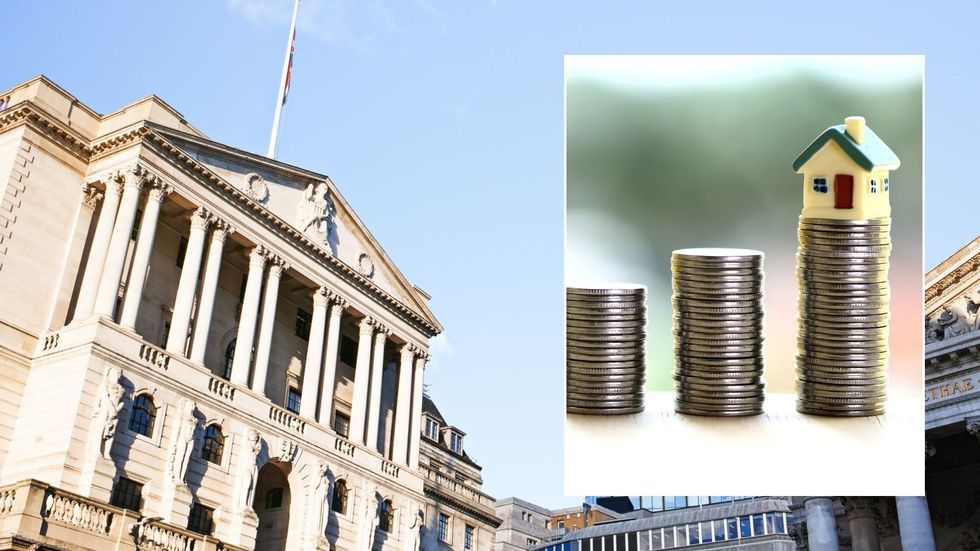
The Bank of England has also been cutting rates recently
| GETTYMarket observers expect the ECB may pause its cutting cycle at the July meeting.
Susannah Streeter, head of money and markets at Hargreaves Lansdown, said: "With the deposit rate now at two per cent, it is considered to be in neutral gear, neither restraining nor stimulating demand in the economy."
She added: "This expected wait and see stance is hardly surprising, given that it's still unclear how heavily tariffs will weigh on the Eurozone economy ahead."
One or two additional rate cuts are still widely anticipated this year, though markets remain divided on timing.
The reduction will provide immediate relief to tracker mortgage holders and other borrowers.
Despite falling ECB rates, Ireland remains the fifth most expensive country in the eurozone for mortgages, with homebuyers paying 0.46 percentage points above the average rate for new mortgages.
LATEST DEVELOPMENTS:
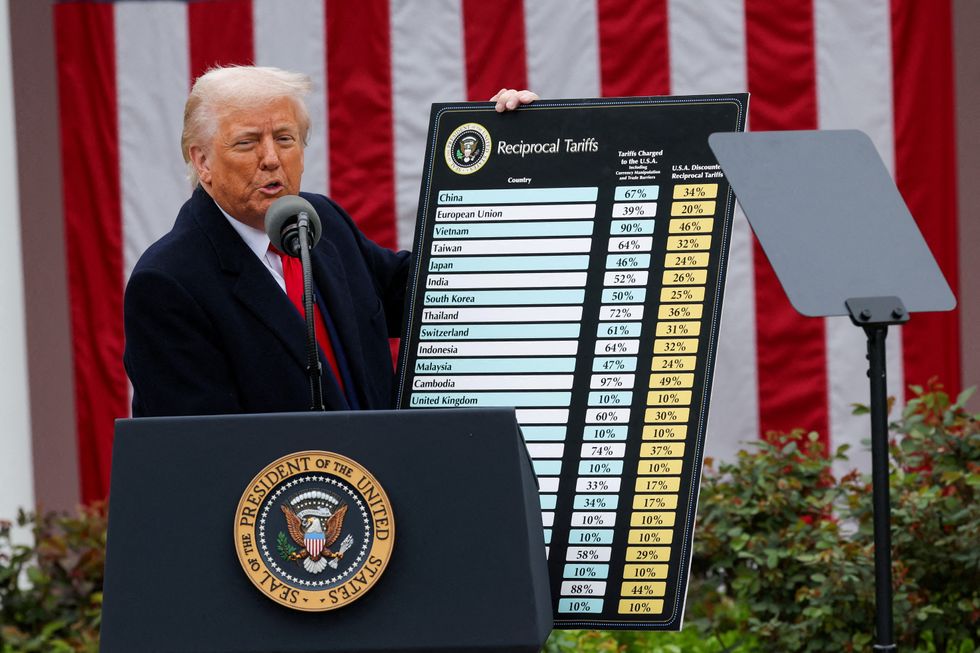 Donald Trump has made tariffs the focus of his economic agenda | REUTERS
Donald Trump has made tariffs the focus of his economic agenda | REUTERSProfessor Joe Nellis, economic adviser at MHA, praised the ECB's approach: "They have set the foundations for economic growth, put the inflation issue to bed, and appear to have returned normalcy to the economy at least for now.
"While there remains the question of how international trade uncertainty will affect prices, a strong Euro means that import prices will be kept lower than they may otherwise have been.
"With the OECD now forecasting the slowest growth in the global economy since the pandemic, the ECB has given the Eurozone a much better chance than others to turn this around."
The ECB's aggressive cutting cycle contrasts sharply with the US Federal Reserve, which has maintained rates amid concerns that tariffs could fuel inflation.
More From GB News


